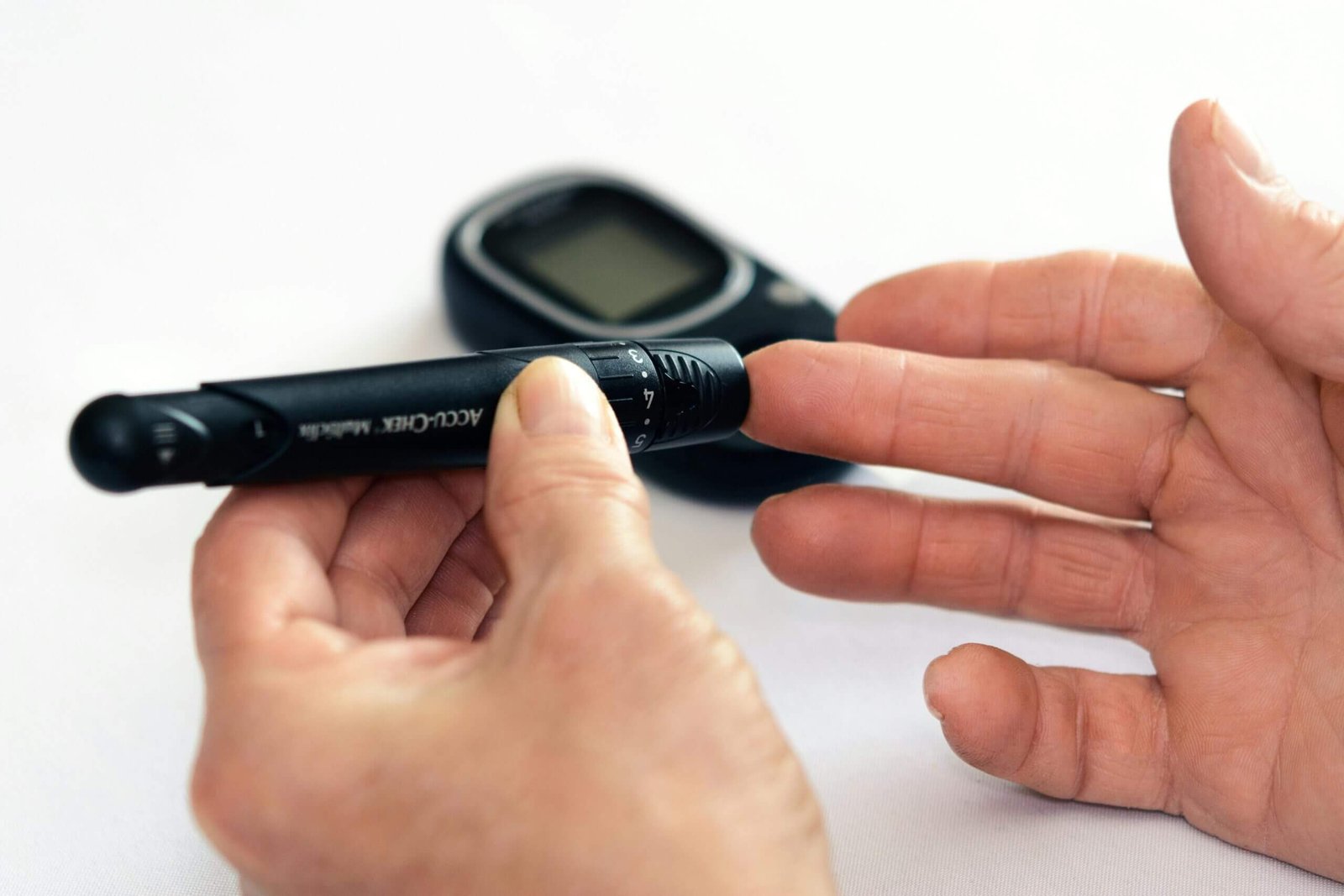Common Myths About Diabetes Debunked
Imagine peeling back the layers of misconceptions surrounding diabetes to uncover the truth beneath.
You might be surprised to learn that many commonly held beliefs about this condition are not entirely accurate.
Let’s explore some of the prevailing myths about diabetes that have been debunked, shedding light on the reality behind the misconceptions. to crush diabetes click here
Myth: Eating Too Much Sugar Causes Diabetes
Contrary to popular belief, consuming excessive sugar doesn’t directly cause diabetes. However, a diet high in sugary foods and drinks can contribute to weight gain, which is a risk factor for Type 2 diabetes.
When you consume too much sugar, your body may become resistant to insulin, the hormone that regulates blood sugar levels. This insulin resistance, along with being overweight, can increase your likelihood of developing diabetes.
It’s crucial to maintain a balanced diet, moderate your sugar intake, and stay active to reduce your risk of diabetes. Remember, while sugar itself isn’t the sole cause of diabetes, it’s important to be mindful of your overall health and lifestyle choices.
Myth: Only Overweight People Get Diabetes
While weight is a significant factor in the development of diabetes, it’s a common myth that only overweight individuals are at risk for the disease. Diabetes can affect people of all body types. Factors such as genetics, lifestyle choices, and underlying health conditions play a crucial role in the development of diabetes.
Even individuals who appear to be at a healthy weight can develop type 2 diabetes if they have a genetic predisposition or engage in poor lifestyle habits. It’s essential to understand that diabetes is a complex disease influenced by various factors beyond just weight.
Regular exercise, a balanced diet, and routine check-ups are vital for everyone, regardless of their weight, to maintain good health and prevent diabetes.
Myth: Diabetes Is Not a Serious Disease
Many people underestimate the severity of diabetes as a health condition. Diabetes isn’t a disease to be taken lightly. It can lead to a range of serious complications, including heart disease, stroke, kidney damage, nerve damage, and vision loss.
Uncontrolled diabetes can also result in high blood sugar levels, which over time can cause damage to various organs in your body. Ignoring the management of diabetes can have detrimental effects on your overall health and quality of life.
It’s crucial to understand that diabetes requires constant monitoring, lifestyle adjustments, and sometimes medication to keep it in check. By recognizing the seriousness of diabetes, you can take proactive steps to manage it effectively and lead a healthier life.
Myth: Insulin Is a Cure for Diabetes
Don’t fall for the misconception that insulin serves as a cure for diabetes. Insulin is a crucial treatment for managing diabetes, particularly for individuals with type 1 diabetes and some with type 2 diabetes. It helps regulate blood sugar levels by allowing cells to absorb glucose for energy.
However, it’s essential to understand that insulin isn’t a cure. Diabetes is a complex condition that requires a multifaceted approach, including medication, diet, exercise, and monitoring. While insulin can help control blood sugar levels effectively, it doesn’t eliminate the underlying causes of diabetes.
It’s important to continue working closely with healthcare providers to develop a comprehensive treatment plan tailored to your specific needs.
Myth: You Can’t Lead a Normal Life With Diabetes
Contrary to popular belief, leading a normal life with diabetes is entirely achievable with proper management and support. With advancements in medical technology and a better understanding of the condition, you can effectively control your blood sugar levels and maintain a healthy lifestyle.
By following a balanced diet, engaging in regular physical activity, monitoring your blood sugar levels, and taking medications as prescribed, you can lead a fulfilling life despite having diabetes. It’s essential to work closely with healthcare professionals to develop a personalized treatment plan that caters to your specific needs.
Frequently Asked Questions
Can Diabetes Be Caused by Factors Other Than Sugar Consumption?
Yes, diabetes can be caused by factors other than sugar consumption. Genetics, lifestyle, weight, and age play significant roles.
It’s important to understand that while sugar can impact blood sugar levels, it isn’t the sole cause of diabetes.
Are There Any Health Risks Associated With Diabetes Other Than Weight Gain?
Diabetes poses serious health risks beyond weight gain. It can lead to heart disease, kidney problems, nerve damage, and vision issues.
Monitoring blood sugar levels, eating well, and exercising are crucial for managing these risks. for more articles
What Are Some Potential Complications of Diabetes if Left Untreated?
If left untreated, diabetes can lead to serious complications such as:
- Nerve damage
- Kidney disease
- Vision problems
- Heart disease
- Amputations
It’s crucial to manage your condition to prevent these issues.
How Does Insulin Actually Work in Managing Diabetes?
Insulin helps regulate blood sugar levels by allowing cells to absorb glucose for energy.
Without enough insulin, sugar builds up in your blood causing high blood sugar levels.
It’s crucial for managing diabetes effectively.
Are There Any Famous Individuals Who Have Successfully Managed Diabetes and Led Normal Lives?
Yes, there are many famous individuals who’ve successfully managed diabetes while leading normal lives.
Through proper management, diet, exercise, and medication, they’ve shown that diabetes doesn’t have to hold you back.
Conclusion
So, now that you know the truth about diabetes myths, you can confidently educate others and dispel any misconceptions.
Remember, diabetes is a serious condition that can affect anyone, regardless of weight or sugar intake.
With proper management and support, you can lead a fulfilling life while managing diabetes.
Don’t let these myths hold you back from taking control of your health and well-being.
Stay informed and empowered!




